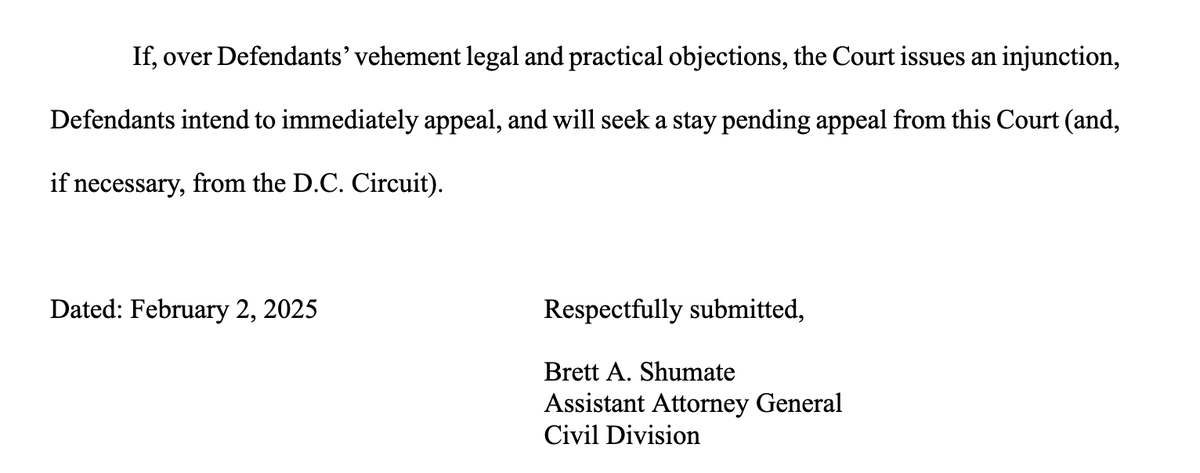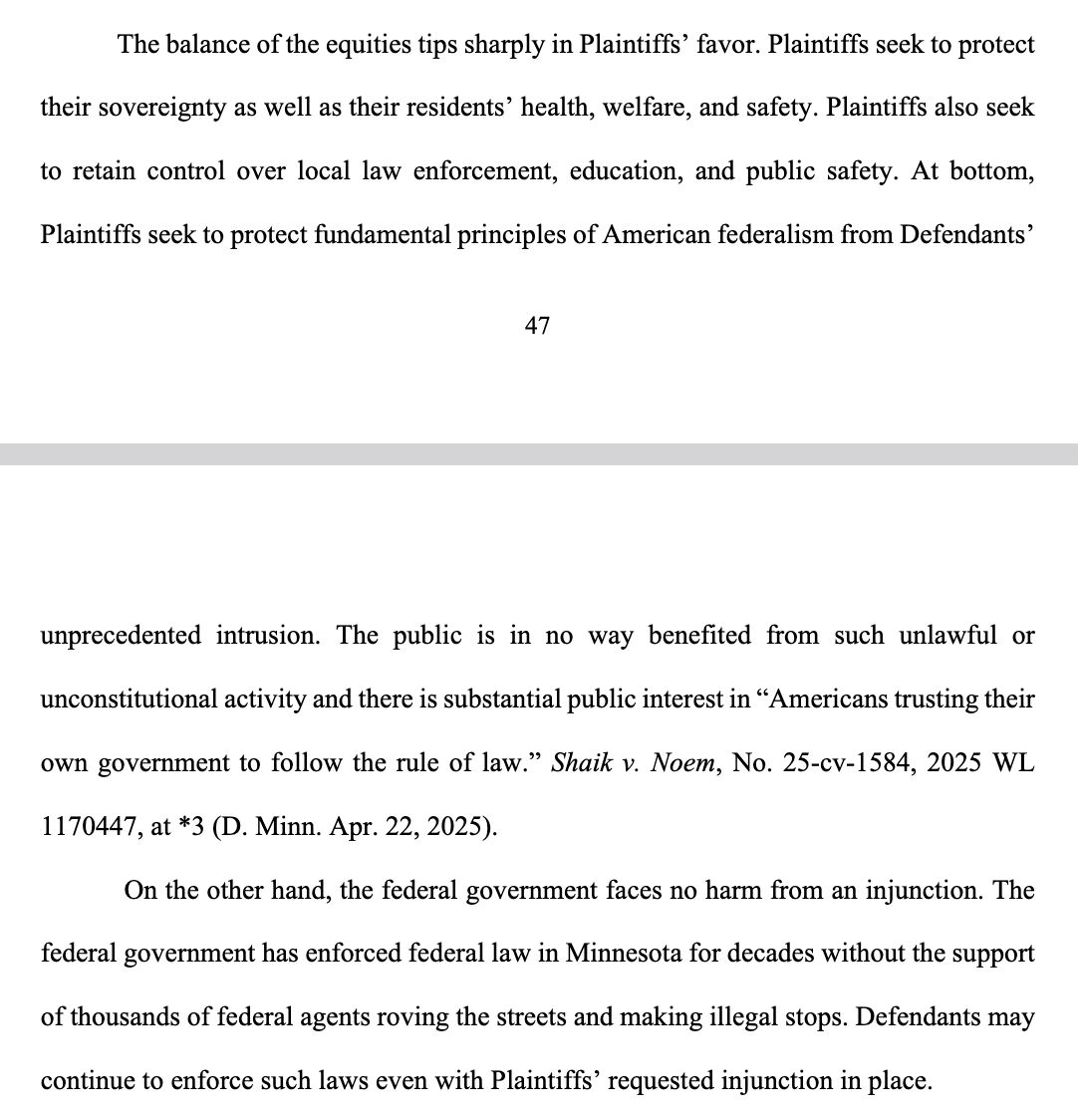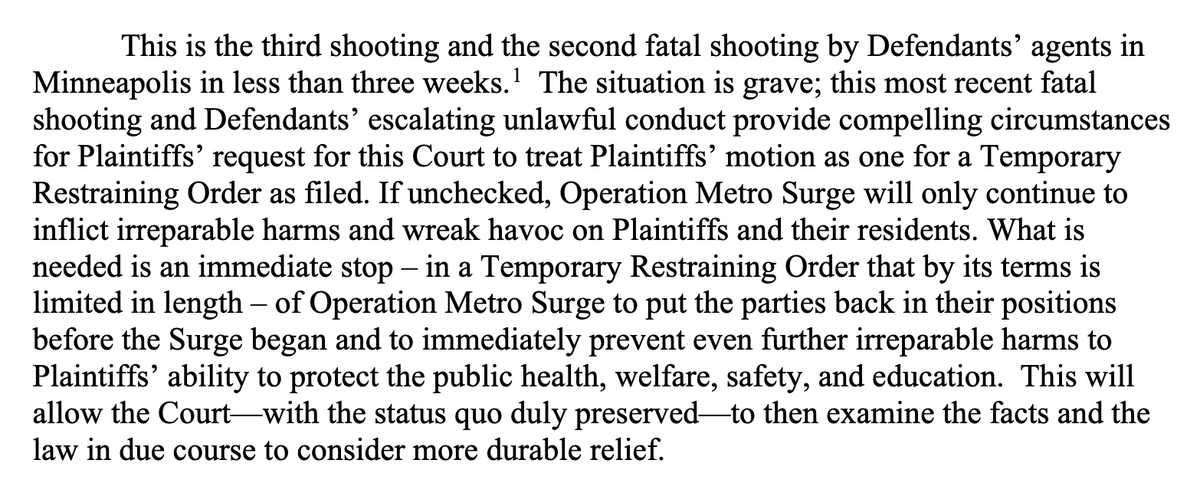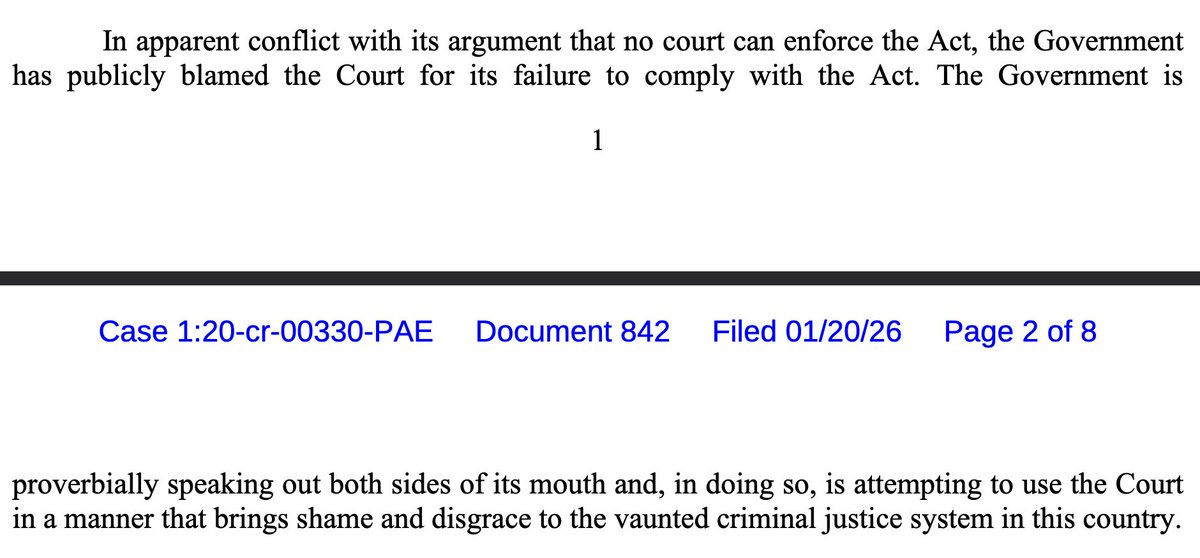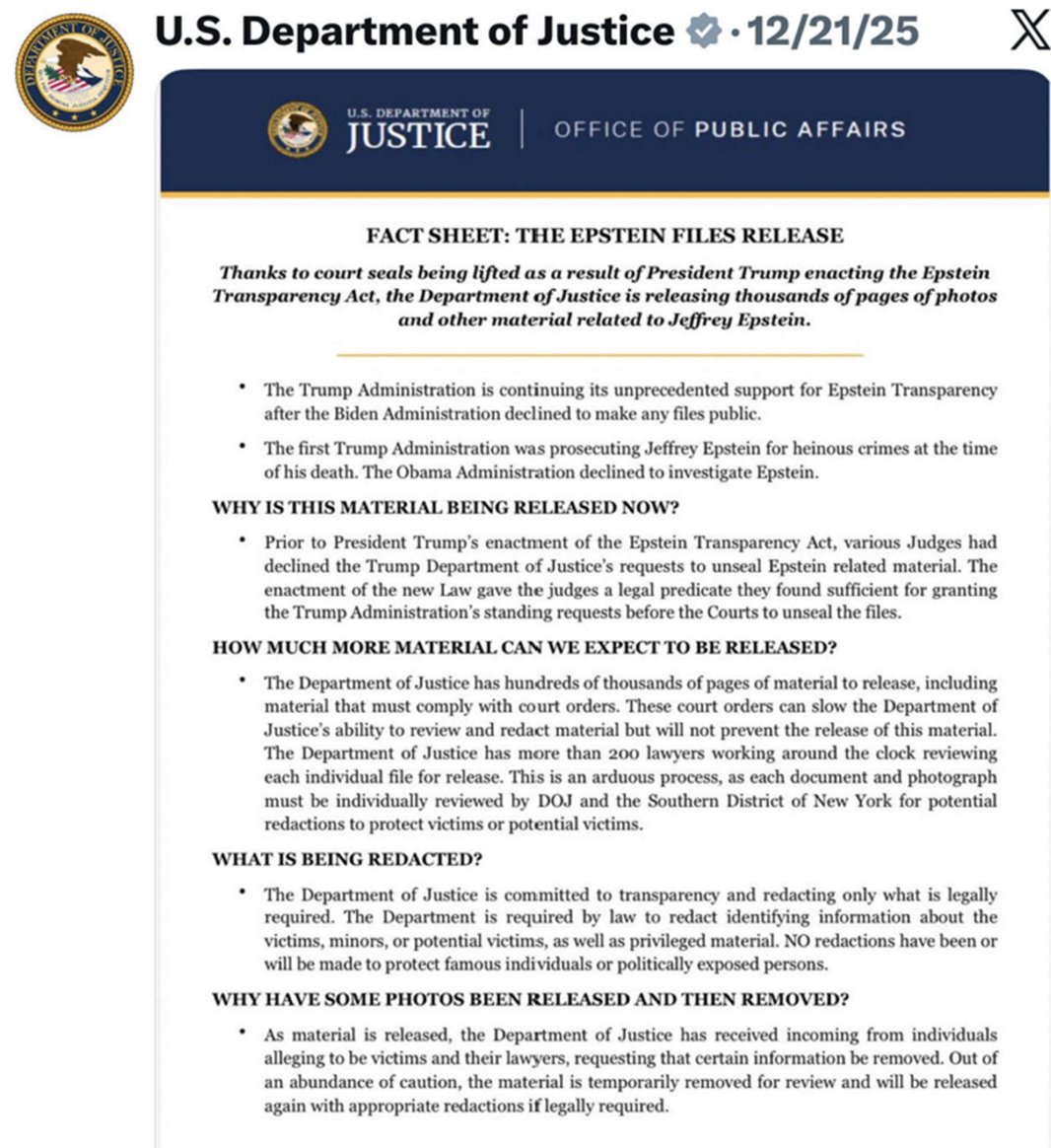Good afternoon from New York.
Inside New York Supreme Court to cover a hearing in Michael Cohen's civil suit against Trump demanding that the president underwrite his legal expenses.
Hearing starts in 10 minutes.
Background, @CourthouseNews courthousenews.com/michael-cohen-…
Inside New York Supreme Court to cover a hearing in Michael Cohen's civil suit against Trump demanding that the president underwrite his legal expenses.
Hearing starts in 10 minutes.
Background, @CourthouseNews courthousenews.com/michael-cohen-…
@CourthouseNews More specifically, the defendant is Trump Organization LLC, which is represented by Marc Mukasey, Giuliani ally and son of former AG Michael Mukasey.
@CourthouseNews Judge Joel Cohen kicks things off by asking about the Trump Org's alleged oral agreement to indemnify Cohen in July 2017, well before the FBI’s raid on his home, hotel and office threw both men into legal jeopardy.
He notes it's chronologically "nebulous."
He notes it's chronologically "nebulous."
Judge Cohen: "How can an agreement like that pass muster?"
Service advisory note: Wrangling over contractual matters is by nature, a bit technical. Will try to simplify and report in real time.
Service advisory note: Wrangling over contractual matters is by nature, a bit technical. Will try to simplify and report in real time.
The arguments are over this motion to dismiss by the Trump Org. iapps.courts.state.ny.us/fbem/DocumentD…
Cohen's attorney notes that, even though the agreement was allegedly struck long before the raid, it originated from the same special counsel investigation.
"It's one and the same," he said.
"It's one and the same," he said.
Judge Joel Cohen appears skeptical that an oral agreement from two years ago can extend indefinitely to cover Cohen's then-unanticipated prosecution in SDNY and related congressional probes.
"I think that is the hardest question you have: How does that contract survive?"
"I think that is the hardest question you have: How does that contract survive?"
Michael Cohen's attorney says that discovery will show documents shedding light on the scope of the indemnification.
Justice Joel Cohen asks how he knows that.
Michael Cohen's atty claims they know about invoices and emails demonstrate that.
Justice Joel Cohen asks how he knows that.
Michael Cohen's atty claims they know about invoices and emails demonstrate that.
Style note: In SDNY, which I usually cover, U.S. District Judges are "judges."
In New York Supreme, judges are "justices." Switching to the appropriate honorific from here on out.
In New York Supreme, judges are "justices." Switching to the appropriate honorific from here on out.
Justice Cohen: You have to show something from them acknowledging that there is something of an actual agreement.
Justice Cohen turns to Trump Org's attorney Mukasey, stating what he calls the "blindingly obvious" fact that they deny a contract existed.
Mukasey mocks the notion that Trump Org's Alan Garten agreed to an open-ended indemnification of everything including Cohen's prosecution, congressional investigation and back taxes.
"I don't think that the law as I understand it requires you to suspend disbelief," he says.
"I don't think that the law as I understand it requires you to suspend disbelief," he says.
Justice Cohen pushes back that contractual indemnifications can be very broad.
Mukasey proffers a hypothetical.
"I can agree to take you out to dinner," he said.
"Not anymore, you can’t," the justice deadpans.
"I can agree to take you out to dinner," he said.
"Not anymore, you can’t," the justice deadpans.
Mukasey disputes that an agreement essentially says that all legal expenses, all costs are covered without duration.
A lot of back-and-forth arguments about New York's statute of frauds, requiring that certain contracts be memorialized in writing.
Mukasey: "A writing saying 'We agree to pay your bill' does not suggest the existence of a contract."
Justice Cohen grills Mukasey on whether to green light discovery
"Maybe if there was more smoke," Mukasey says, searching for the file would be justifiable.
"Maybe if there was more smoke," Mukasey says, searching for the file would be justifiable.
Mukasey gives a new riff on an old expression: "How many lawyers can dance on the head of a bill?"
Justice Cohen lightly chuckled at the one, muffled by his hand.
Justice Cohen lightly chuckled at the one, muffled by his hand.
Michael Cohen's counsel reviews the vast scope of the case: prosecution, congressional testimony, and 70 hours of interviews.
"The stakes here are incredibly high," he says.
Justice interjects: "We’re here for a more pedestrian kind of matter. This is about who pays the bills."
"The stakes here are incredibly high," he says.
Justice interjects: "We’re here for a more pedestrian kind of matter. This is about who pays the bills."
Justice Cohen reserves decision.
(For context: This appeared to be a reference to Mukasey’s earlier hypothetical. “Bill” can refer to a dinner bill or anything.)
Hearing is over. No ruling.
• • •
Missing some Tweet in this thread? You can try to
force a refresh


